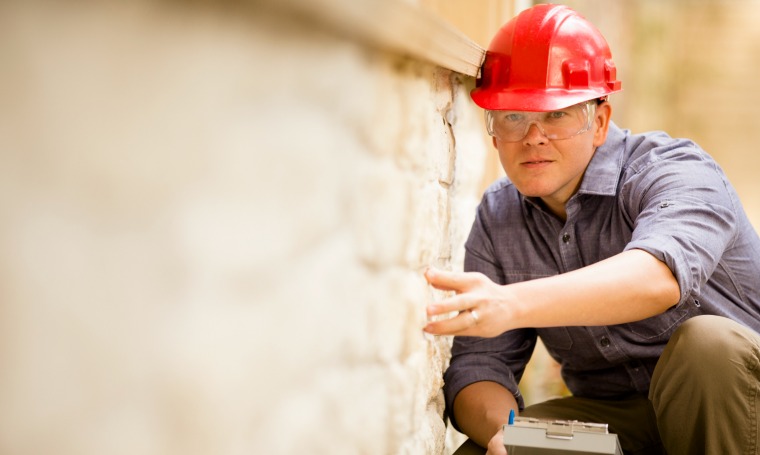 As anyone participating in the housing industry knows, there’s an inherent list of challenges that stand in the way of achieving success in the real estate market.
As anyone participating in the housing industry knows, there’s an inherent list of challenges that stand in the way of achieving success in the real estate market.
However, in recent years, yet another challenge has been added to the list of ‘speed bumps’ on the road to success in the housing sector: a shortage of skilled appraisers.
The housing industry meltdown that began almost a decade ago also marked the beginning of the acceleration of the shortage of skilled appraisers.
Since 2007, it’s estimated that the American appraiser workforce has shrunk by a acheter cialis whopping 20 percent; even more troubling, the Appraisal Institute estimates that the number of appraisers is likely to decline by an additional 25 to 30 percent over the next decade.
The repercussions of a rapidly declining pool of appraisers could be serious; delays in the closing of home sales being among the most potentially damaging and immediate result.
Industry watchers agree that there are numerous factors at play adding to the current shortage of appraisers.
For example: each year, a growing number of baby boomers are retiring, and therefore the critical importance of recruiting a new generation of appraisers has taken on even greater urgency.
In addition, the difficult process of attaining the certification required to become an appraiser is also often cited as an obstacle to recruiting more professionals.
Unlike many other fields, becoming a certified appraiser can often require an advanced college degree, rather than just a four-year degree. One example would be the requirements to become a certified residential property appraiser; individuals seeking that type of position are required to have a minimum of 200 ‘education hours’, in addition to completing 2,500 hours of training under the supervision of a certified appraiser; there are even higher standards for other types of real property appraisers.
At a recent forum sponsored by the National Association of Realtors (NAR), property valuation experts held a discussion where there was near universal agreement that a great deal more needs to be done to both retain—and attract—appraisers to the profession. Industry experts all agreed that the multitude of regulations with which appraisers must comply—federal, state, local, even international—can often contradict each other, and add to the burdensome challenge of compliance that discourage professionals from becoming appraisers.
Jim Amorin, 2017 president at the Appraisal Institute, put it bluntly, telling the forum that “appraisers are being crushed in the current regulatory environment and there are fewer people entering the profession.”
But all is not lost, Amorin said, quickly adding that “there are changes that can be put into place that make the process easier for everyone, while not putting added costs on the consumer.”
Amorin also said the perceived shortage of appraisers is, for now, primarily in some rural areas; he added that low appraiser fees that have not kept pace with inflation –and an unwillingness to pay appraisers higher fees—has also contributed to the challenges of retaining and attracting people to the industry.
That said, the Appraisal Institute president did not mince words when he looked to the future.
“The number of new entrants into this business (appraising) is abysmally low, and a looming shortage is something we should be concerned about,” Amorin told the gathering. “The typical appraiser is currently in their mid-50s.”
Amorin also added that the real estate industry should work to find a way to “make the profession more attractive and lucrative so that technology doesn’t completely take over the valuation process.”
While the future of the appraisal industry remains shrouded in some uncertainty, one thing now appears clear: unless the industry proactively takes measures to attract—and retain—more professional appraisers, problems relating to the current shortage of skilled appraisers are almost certain to be exacerbated in the years ahead.
